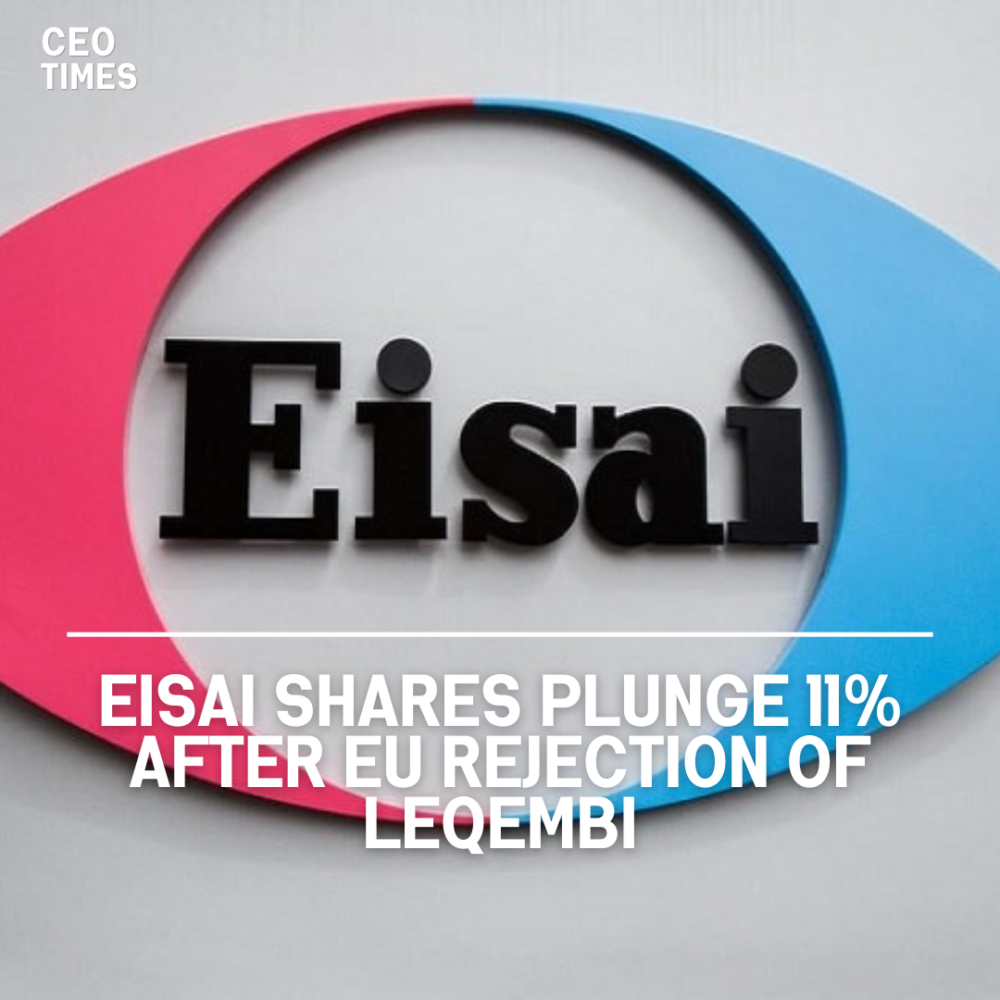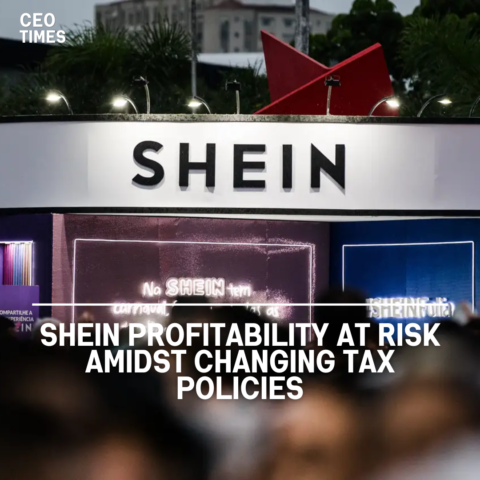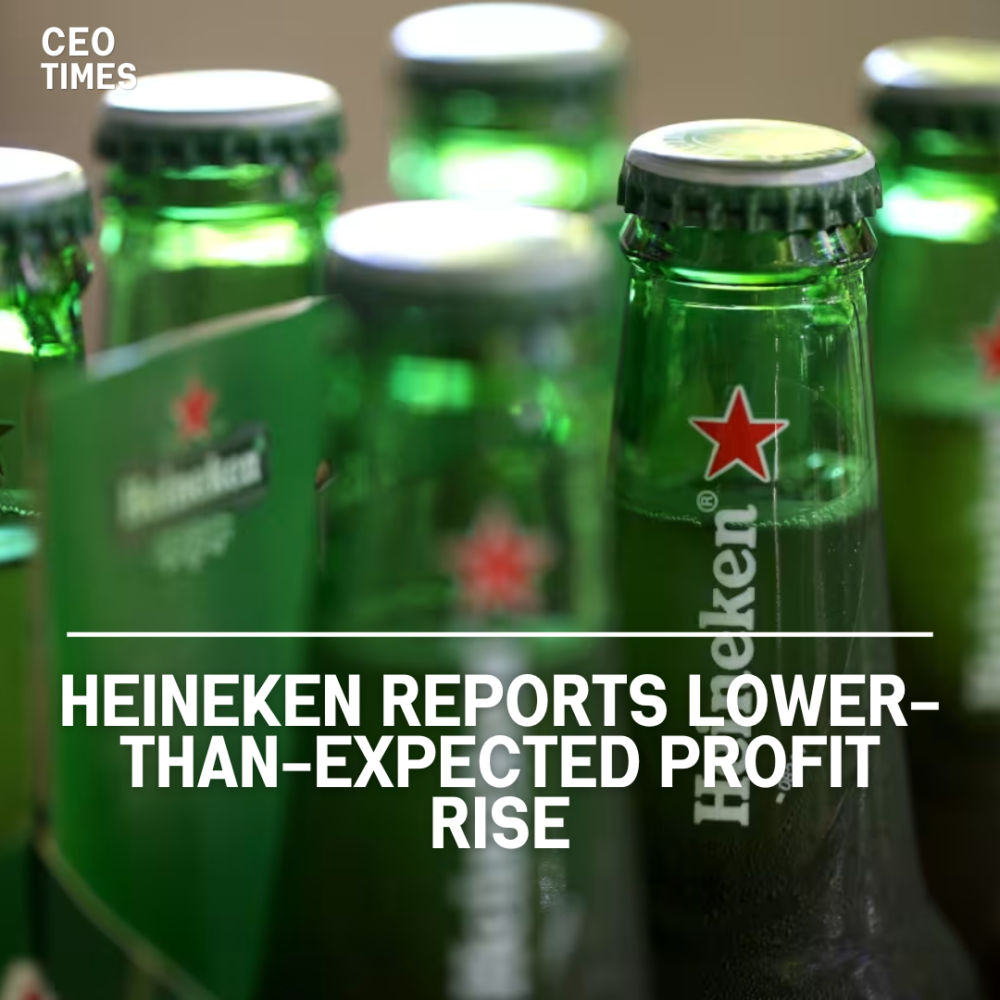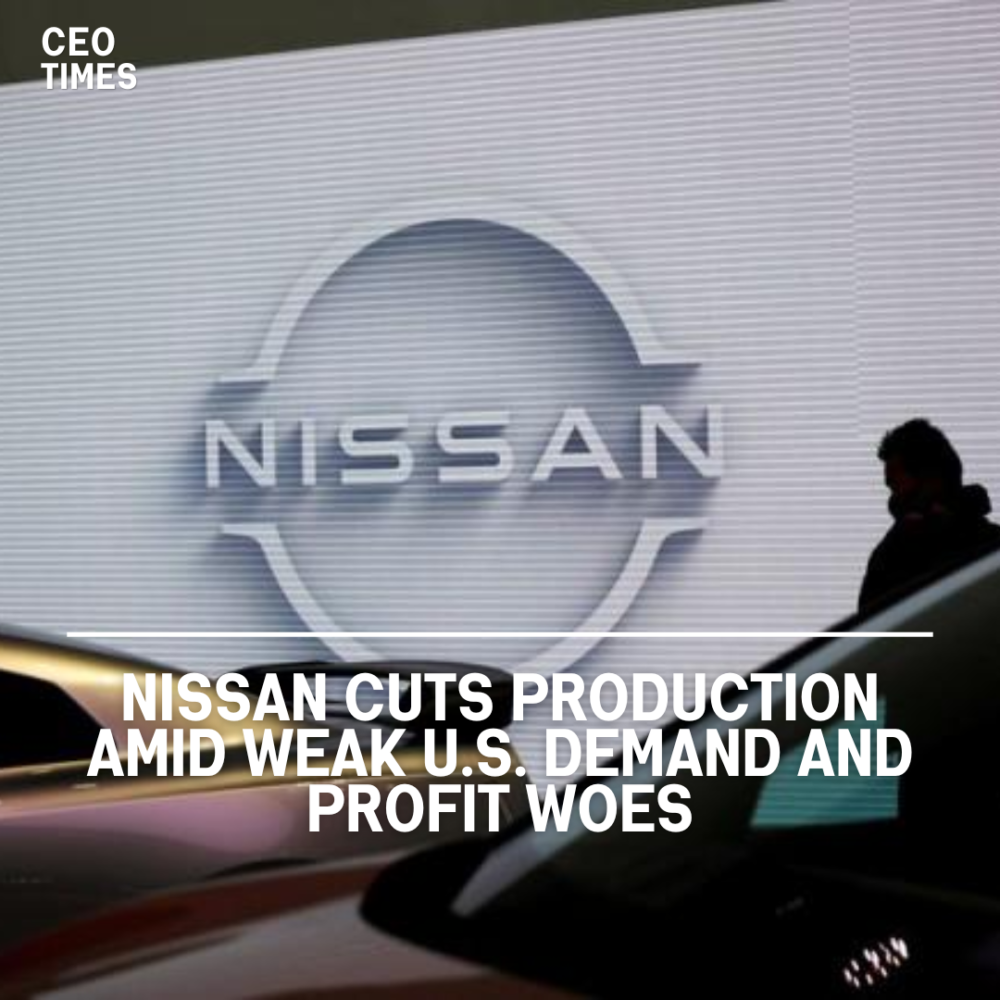Shares of Japan’s Eisai fell sharply by 11% on Monday, marking their biggest one-day decline in three years. This was due to the European Union’s regulator rejecting the company’s Leqembi treatment for early Alzheimer’s disease.
EU Rejection and Impact:
The EU drugs regulator recently concluded that the risks of serious brain swelling associated with Leqembi outweigh its small impact on slowing cognitive decline. The rejection was a significant setback for Eisai, which had widely anticipated EU approval.
Eisai, along with its partner Biogen, announced plans to seek a re-examination of the EU’s decision but did not specify the additional information they would provide to the regulator.
Market Reaction and Analyst Insights:
The rejection surprised investors and analysts, leading to a substantial drop in Eisai’s share price. Jefferies analyst Stephen Barker described the EU’s decision as a “big negative surprise,” highlighting concerns that this rejection could damage Leqembi’s reputation and sales potential in other markets, including the U.S. and Japan.
Barker further noted that removing European sales projections for Leqembi could result in a 20% reduction in overall sales estimates and decrease Eisai shares’ “fair value” by approximately 1,000 yen each.
In morning trading in Tokyo, Eisai’s shares dropped to 5,890 yen, the company’s largest one-day fall since July 2021. This followed a 7% decline in Biogen’s shares in U.S. trading on Friday.
Leqembi’s Global Approval Status:
Leqembi, also known as lecanemab, is currently approved in the U.S., China, Hong Kong, Israel, Japan, and South Korea. It would have been the first drug in Europe to treat Alzheimer’s disease rather than merely address its symptoms.
The EU’s rejection challenges Eisai and Biogen as they navigate regulatory hurdles and market perceptions in the global rollout of their Alzheimer’s treatment.




















